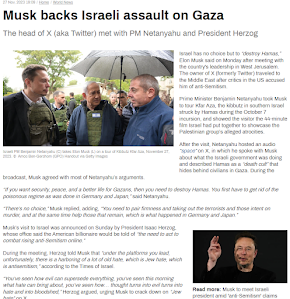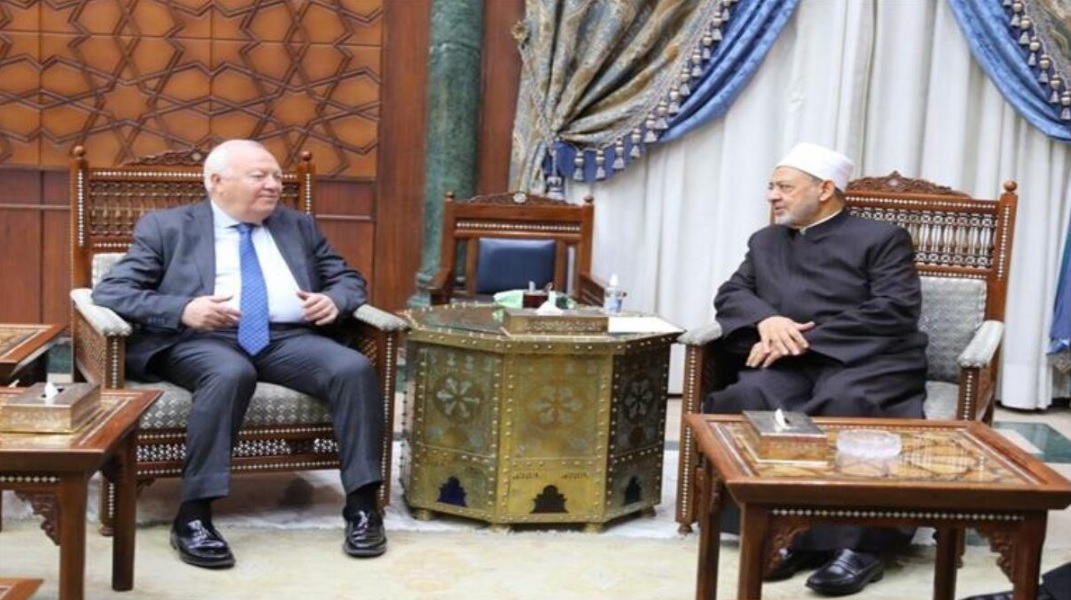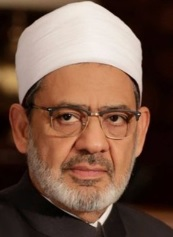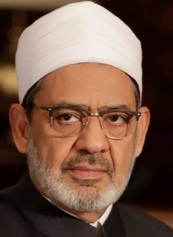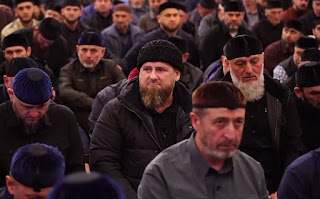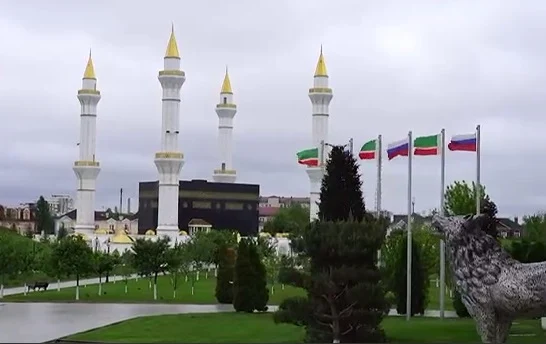
Media review: The West is losing “liberal Muslims” because of the Gaza War
The American magazine "Foreign Policy" saw that what it described as "Western indifference towards Palestinian suffering in the Gaza Strip" alienates what it calls "liberal Muslims" throughout the Islamic world, and "distorts the appeal of liberal democratic values," as it described it.
In an analytical article it published, the magazine highlighted the presence of an unprecedented level of anger towards the United States of America and its Western allies throughout the Middle East and the broader Islamic world, warning that this matter could have “long-term consequences.”
She warned that the current reality “could be much worse than the impact of the American invasion and occupation of Iraq in 2003,” because the massacre, committed by the Israeli occupation, is worse than anything that happened during the American wars in the Middle East.
Foreign Policy attributed this anger to millions watching horrific scenes from Gaza every day, explaining that this is often done via live broadcast on television, showing the bombing of entire neighborhoods, and the bodies of children and infants emerging from under the rubble.
The magazine also pointed out the martyrdom of Palestinian civilians by occupation bullets in the West Bank, which is relatively calmer.
Here, it should be noted that the pace of Israeli incursions into various cities and towns in the West Bank has increased since the 7th of last October, and this was accompanied by an increase in the number of Palestinian martyrs who were killed by the bullets of the occupation forces.
When Muslims listen to what Western leaders, such as US President Joe Biden, say about what the occupation is committing in occupied Palestine, all they hear is about “Israel’s right to defend itself,” as the magazine reported.
Moreover, all they see is “granting more American dollars and weapons” to the Israeli government, so that it can continue its war on Gaza, according to what the magazine continued.
In view of this, a number of people, especially in the Islamic world, believe that the lives of Israelis are, for Western leaders, “more important” than the lives of Palestinians, according to what Foreign Policy reported.
The magazine also saw that the West is practicing a “historical denial” of the liberal values that its governments have adopted and defended since the end of World War II, with regard to “universal human rights.”
In this context, the magazine explained that some say that “these noble ideals were never fully achieved,” as national interests, alliances, and hypocrisy led to “double standards.”
The “loss of faith” in Arab standards does not affect people who tend to oppose the United States, or criticize the Western-led global order, and among these Muslims are those with liberal tendencies, which leads to “discrediting the West and its liberal narrative, in the eyes of the rest of the world.” According to Foreign Policy.
In light of all of this, the magazine borrowed the satirical political principle of the German thinker, Carl Schmitt, which states that “sovereign powers are able, according to their desire, to determine exceptions to their rules,” in reference to the West’s disavowal of the responsibility it has shouldered for itself, and which it has used as an excuse to fight its wars. It claimed the lives of millions around the world and the Middle East.





